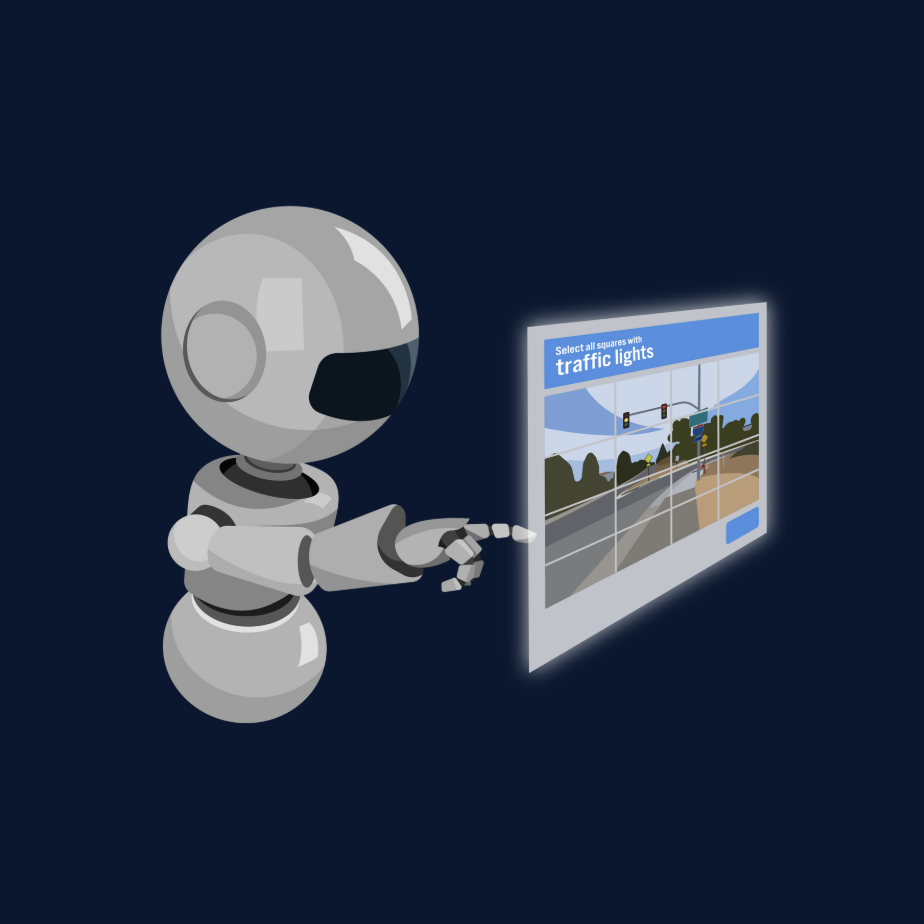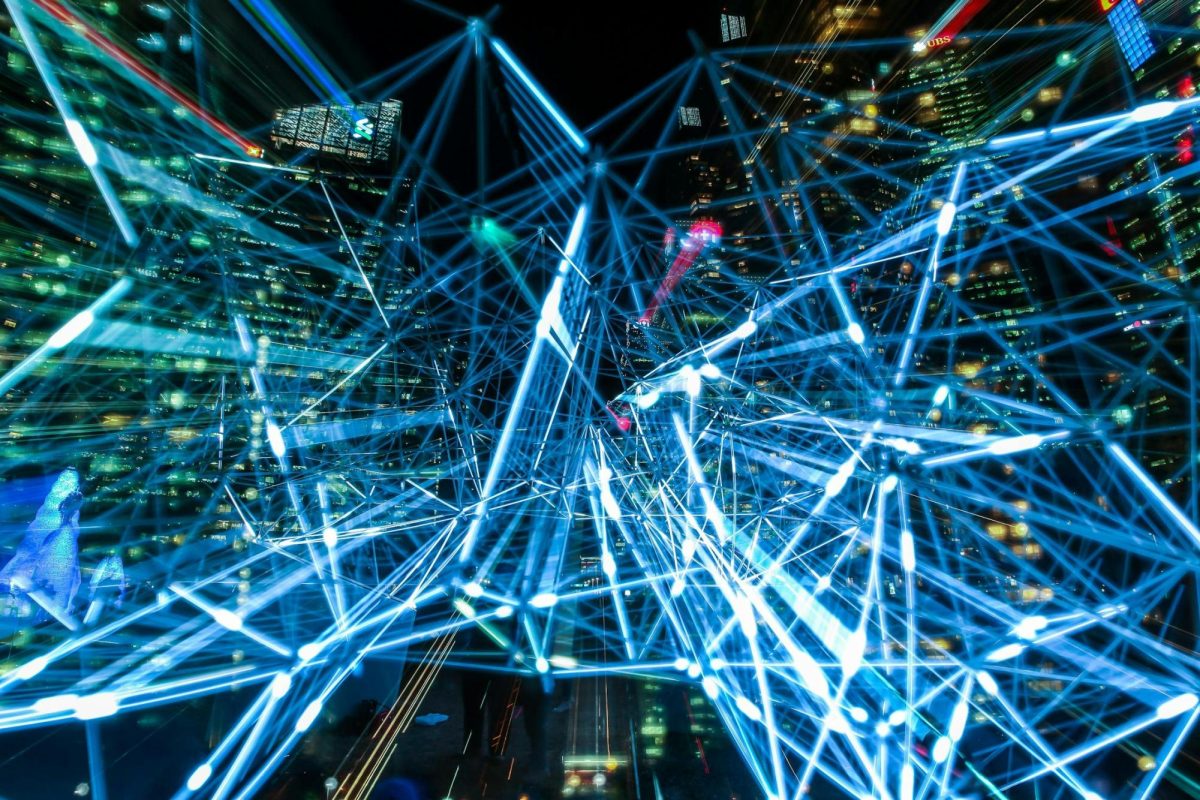Imagine a world where human online activity is just an illusion — where the internet is controlled by bots pretending to be sentient beings. For people who believe in dead internet theory, this world is a reality.
Dead internet theory is a conspiracy theory suggesting that the internet has “died” and been taken over by artificial intelligence and bots — automated software applications designed to imitate human behavior. In fact, the most fervent believers of dead internet theory argue that the bots are deliberately distorting the internet, in order to manipulate public opinion and marginalize real users. They believe that the United States government or some global corporation is responsible for this, intending to gaslight the world population. They think genuine human interaction is minimal, and that humans have lost control of the internet.
Although the full theory is an exaggeration, there are legitimate reasons to be concerned about dead internet theory. According to the cybersecurity company Imperva, automated programs were responsible for 52% of online traffic in 2024. With the rise of artificial intelligence, the amount of automated activity has increased because extensive data collection and web scraping is needed to train AI models.
Furthermore, platforms like X have seen a rise in misinformation, AI-generated “slop” and fake content. On these platforms, holding a verified account allows the account owner to generate revenue through content creation and engagement with other users — unintentionally incentivizing the creation of verified bot accounts that exist solely to automate content. The rapid increase of automated content, such as low-quality AI-generated posts and deepfakes, has made it more difficult to determine what is authentic online.
This can be problematic as human users are forced to question every interaction they have on the internet. Any comment or post could be from a bot, without a real human on the other end — and imagine having to consider this for the billions of pieces of content online. This leads to the implication that the online experience has become artificial, leading to an erosion of trust and critical thinking regarding online content.
Another reason some believe in dead internet theory is because online platforms use algorithms to control what users see, and thus can manipulate the public consensus on popular media. For example, companies like YouTube prioritize content that gets the most engagement. However, on YouTube, users can purchase fake views for their accounts to boost engagement and gain popularity in the YouTube algorithm. Enough fake views could cause the company to experience a phenomenon called the “Inversion” — essentially an echo-chamber-like situation where fake views from bots overrun the platform. The Inversion would distort the YouTube algorithm, causing it to mix up human and bot views, allowing bot behavior to decide what content is most popular.
Despite the evidence in its favor, a completely dead internet is not reality yet. Billions of people online are still creating and consuming real content, and will continue to do so in the future. However, the threat of a dying internet, combined with the rapid rise of fake content, have many people looking for solutions.
One solution is the Orb, a new form of humanity verification created by Tools for Humanity, an AI company co-founded by Sam Altman. Current verification techniques like CAPTCHAs are on their way to becoming obsolete, because they depend on the assumption that humans can recognize patterns that robots cannot. However, research conducted in 2013 by the company Vicarious found that AI could solve CAPTCHAs as fast as humans — making new verification technology essential. This led to the creation of the Orb in 2019, part of Tools for Humanity’s cryptocurrency project “World.” It is a small, spherical device that scans a person’s iris and assigns it a unique digital code, called a World ID — a 12,800-digit binary sequence. World predicts that the biometric code will become a sort of digital passport in the future. By assigning a humanity confirmation code to every person, World would be able to reliably separate humans from bots, creating a potential solution to the downfall of the internet.
Although Orb sounds promising, society is still at odds about accepting this solution. Giving the entire population’s biometric data to a cryptocurrency company raises serious concerns regarding ethics and privacy. However, with dead internet theory becoming closer to reality, it might be time for society to decide which is the lesser of two evils. When the time comes that it is impossible to tell whether a post is created by a human or a bot, keep in mind that one has the option of trading their biometric data for a promise of better online authenticity.











